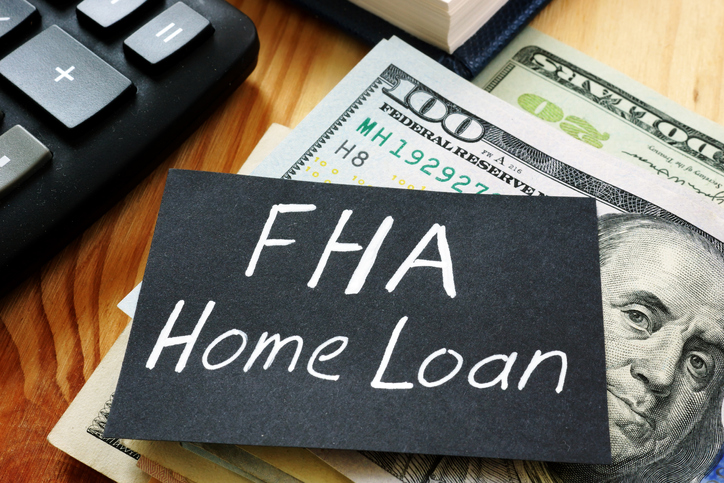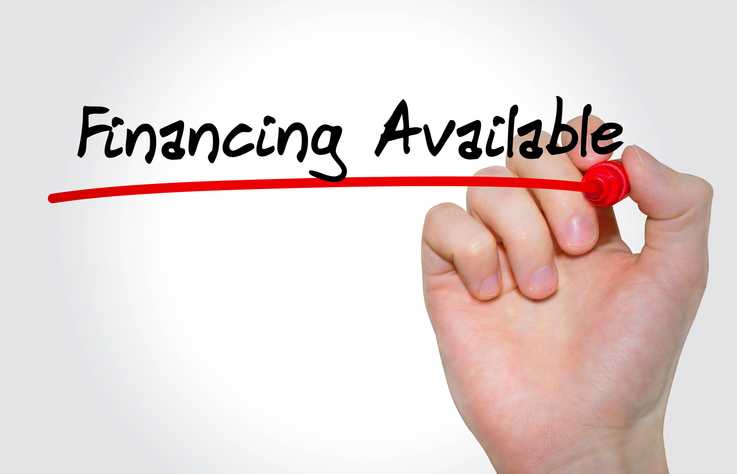Navigating Home Purchase with a 401(k) in 2024
In the evolving landscape of home financing, the idea of tapping into a 401(k) retirement plan for buying a house remains a topic of keen interest among prospective homebuyers. As we step into 2024, it’s crucial to revisit this option, not just because of its potential impact on your long-term financial health, but also in light of the latest tax laws and market trends. While traditionally considered a last resort due to its complex implications, using a 401(k) for home purchase in certain situations might still hold relevance for some buyers.
What Is A 401(k) Retirement Plan?
Before delving into the specifics of utilizing a 401(k) for buying a house, let’s understand what a 401(k) plan really is. Essentially, a 401(k) is an investment account designed for retirement savings, offering notable tax advantages. The concept originated from the Revenue Act of 1978 and has since evolved into a cornerstone of retirement planning for American workers.
In 2024, the two primary types of 401(k) plans are:
- Traditional 401(k): This plan allows you to contribute pre-tax income, which grows tax-deferred until you withdraw it during retirement. At that point, your withdrawals are taxed as regular income.
- Roth 401(k): Contrarily, Roth 401(k) contributions are made with after-tax income. The beauty of this plan lies in its tax treatment at withdrawal – you owe no taxes on your distributions in retirement, including the earnings.
How To Use Your 401(k) To Buy a House in 2024
The journey of using a 401(k) for a home purchase begins with understanding the mechanics behind it. For first-time homebuyers in 2024, there are provisions that allow the withdrawal of funds from a 401(k) for down payments. However, it’s crucial to acknowledge that such withdrawals are not without financial repercussions. The IRS imposes a penalty tax on early withdrawals if you’re under 59 ½, alongside taxing the withdrawn amount as income.
The IRS allows first-time homebuyers to use up to $10,000 from their 401(k) towards purchasing a home without incurring the usual 10% early withdrawal penalty. Still, the withdrawn amount may count as taxable income.
Instead of Withdrawing – Take a loan from your 401K
This method allows you to borrow against your retirement savings and then repay the loan to yourself over time, with interest. The loan amount is typically limited to 50% of your vested account balance, up to $50,000.
The repayment period for a 401(k) loan is generally five years. It’s crucial to note that if you leave your job during the loan period, the outstanding balance might become due immediately or be treated as a distribution and subject to taxes and penalties.
pros
Using a 401(k) for home purchase can provide immediate access to funds without relying on external lenders. It can be a viable option if you lack sufficient savings for a down payment.
Cons
The primary downside is the potential impact on your retirement savings. Withdrawing funds or taking a loan reduces the amount of money invested and potentially growing in your 401(k), which could affect your financial security in retirement.
Initiate a discussion with your HR department to understand the specific requirements for a 401(k) loan under their policy.
Alternative Options for down payment
Given the potential drawbacks, it’s advisable to explore other low down payment mortgage options available in 2024, such as FHA loans, VA loans, and USDA loans. These programs often offer favorable terms for first-time homebuyers and might be a more financially prudent approach.
- FHA Loans:
- FHA loans are a popular choice for first-time homebuyers, requiring as little as 3.5% down. They are especially accommodating for buyers with lower credit scores. FHA loans are backed by the Federal Housing Administration, offering leniency in terms of credit requirements and down payments.
- Learn more about the specifics and benefits of FHA loans on our FHA Home Loan page.
- VA Loans:
- For veterans, active military members, and their families, VA loans are an excellent option. They require no down payment and no mortgage insurance, making them a cost-effective choice. VA loans are backed by the Department of Veterans Affairs and often offer competitive interest rates.
- Details about eligibility and advantages can be found on our VA Home Loan page.
- USDA Loans:
- USDA loans are ideal for buyers looking to purchase homes in rural and some suburban areas. They offer 100% financing (no down payment) and are backed by the U.S. Department of Agriculture. These loans are targeted at moderate- to low-income buyers.
- For more information, visit our Government Home Loans page.
- Conventional Loans:
- Conventional mortgages, such as the Conventional 97 loan, offer down payments as low as 3%. These loans are not backed by a government entity and might have stricter credit requirements but can be a good option for those with strong credit.
- More details are available on our 3% Conventional Financing page.
Each of these options has its own set of advantages and requirements, and what works best will depend on your personal financial situation, credit history, and homeownership goals. It’s advisable to consult with a mortgage loan officer to explore these alternatives and choose the most suitable path for your home purchase in 2024.
401(k) Loans and Withdrawals: Understanding Your Options
When considering using your 401(k) for purchasing a home, it’s essential to understand the nuances between taking out a loan from your 401(k) and making a withdrawal. Each option has unique implications, particularly regarding taxes, repayment terms, and their overall impact on your finances.
401(k) Loans
How it Works: A 401(k) loan allows you to borrow from your own retirement savings. The amount you can borrow is typically capped at 50% of your vested account balance, up to $50,000.
Repayment Terms: The loan must generally be repaid within five years. Payments are usually set up as deductions from your paycheck.
Tax Implications: The major advantage of a 401(k) loan is that it’s not subject to taxes since it’s not considered a distribution. However, if you leave your job, the loan might become due immediately, and failure to repay it could result in it being treated as a taxable distribution.
Financial Impact: Borrowing from your 401(k) means you are reducing your invested balance, which can affect the compound growth of your retirement funds. Although you pay interest on the loan, this interest is paid back into your account.
401(k) Withdrawals
How it Works: Withdrawals from your 401(k) involve taking out a portion of your retirement savings, which does not need to be repaid.
Tax Implications: Withdrawals are subject to income tax. If you are under the age of 59 ½, a 10% early withdrawal penalty typically applies, though there are exceptions for first-time homebuyers who can withdraw up to $10,000 without the penalty.
Financial Impact: Withdrawals reduce your retirement savings and the potential future growth of those funds.
Unlike loans, withdrawals permanently lower your account balance.
When Is It Possible to Withdraw From a 401(k) Without Incurring a Penalty?
There are specific circumstances where you can take money out of your 401(k) without facing a penalty. These include:
- Medical expenses surpassing a certain percentage of your adjusted gross income.
- In the event of a permanent disability.
- Withdrawals mandated by court order for alimony or child support.
- If you are called to active military duty.
- Making a down payment as a first-time homebuyer.
- To settle a debt with the Internal Revenue Service (IRS).
- Upon the death of the account holder.
- Withdrawals made after reaching the age designated for retirement withdrawals.
Comparison:
- Loan vs. Withdrawal: While loans need to be repaid (usually within five years) with interest, withdrawals do not. However, loans maintain the potential for retirement fund growth since the withdrawn amount is eventually repaid, while withdrawals permanently reduce your retirement savings.
- Tax Treatment: Loans are not taxed unless defaulted, whereas withdrawals are subject to income tax and potentially a 10% penalty.
- Effect on Contributions: With a 401(k) loan, you may be restricted from making further contributions until the loan is repaid. Withdrawals have no such impact.
When deciding between a loan and a withdrawal from your 401(k) for a home purchase, consider factors like your current tax bracket, the time horizon until retirement, and the potential growth rate of your 401(k) investments.
Consider consulting with a financial advisor to understand how each option aligns with your specific financial situation and long-term retirement goals.
As we conclude our exploration of using a 401(k) for home purchasing, it’s imperative to re-emphasize that resorting to 401(k) loans or withdrawals should be considered only as a last resort. The financial landscape of 2024 offers a variety of safer and more cost-effective alternatives for home financing that are worth considering before dipping into your retirement savings.
If you require additional information regarding IRS 401(k) requirements, you can visit their page on retirement plans for comprehensive details and guidelines.







